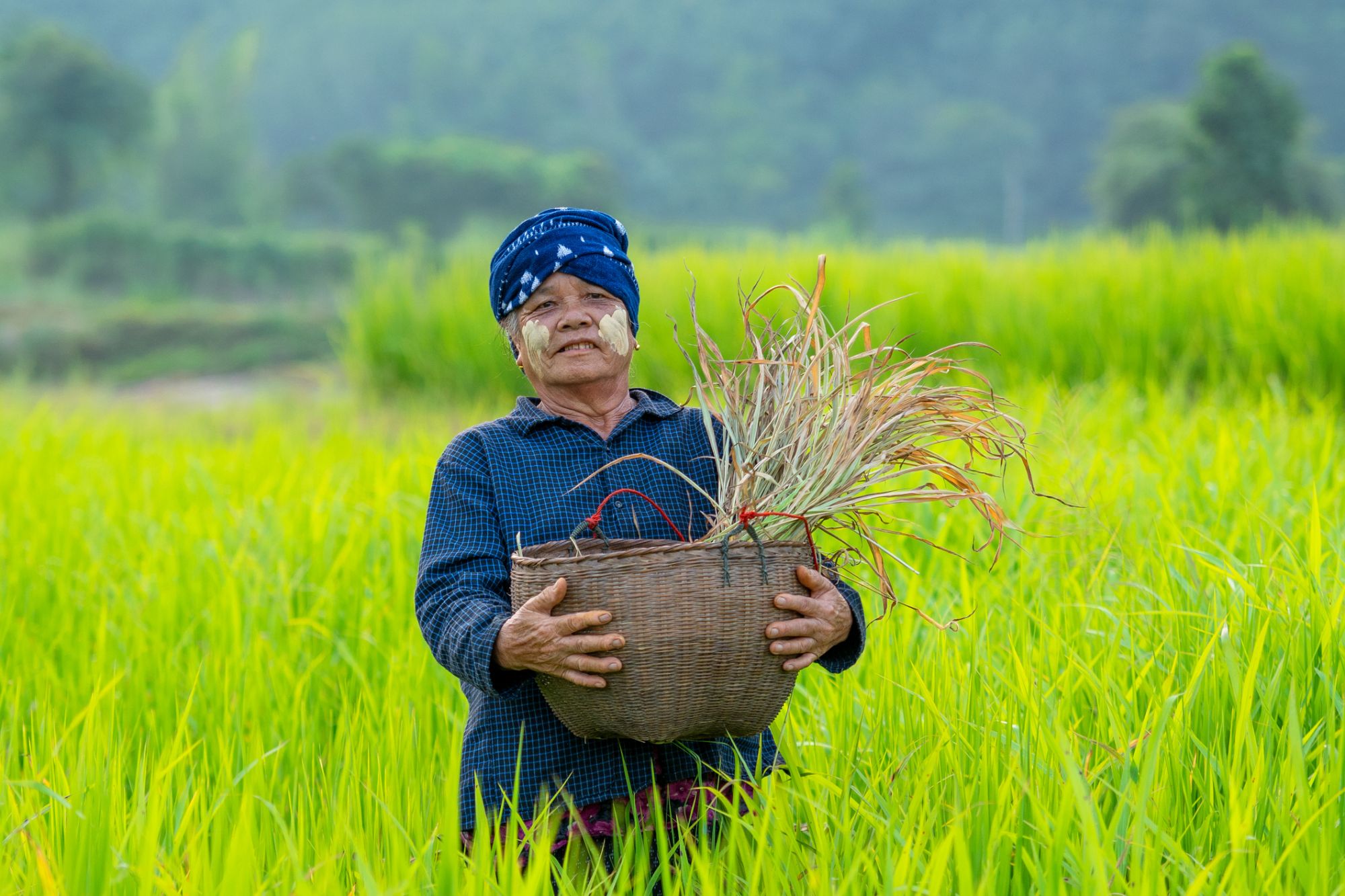Golden Sunland's David Chen discusses his company's new business, AgriG8, which connect investors with the smallholder farming community
The Ready For Launch series asks questions of entrepreneurs to get the inside story behind a new startup or product launch.
In 2020 and 2021, Covid-19 and political unrest gripped Myanmar. For Golden Sunland, a B Corp-certified rice company co-founded by David Chen, these events threatened the livelihoods of the local farmers it works with and made it difficult for the business to grow at its original pace.
Chen started the company in 2017 as an iteration of his family’s rice business, driven by a mission that would help the Southeast Asian nation regain a part of its glory as one of the world’s top rice exporters. Golden Sunland serves as a “whole value chain enabler”, which partners with the local farming community as well as industry players and international NGOs to ensure that rice production is sustainable for both Myanmar’s smallholder farmers and the environment.
But the pandemic and 2021 coup forced the company to pivot, leading it to launch a new startup, AgriG8, together with the Trendlines Group, an innovation commercialisation company that invents, discovers, invests in and incubates ventures working on medical and agricultural technologies.
Chen shares more about the vision and story behind AgriG8.
See also: How This Y Combinator Alum Is Levelling The Playing Field For SMEs In Malaysia

Can you introduce AgriG8 in one sentence?
AgriG8 (pronounced as “aggregate”) is an agri-fintech company connecting the capital market with the underserved smallholder farming community, enabling the value chain to make better decisions towards creating a sustainable food system.
How did AgriG8 come about and who are its investors?
The circumstances of the back-to-back black swan events pushed us to innovate, not just for our own survival but also for the farmers. At the same time, I was introduced to the Trendline Group, which was sourcing for companies that were interested in co-creating startups within the agritech space. This presented a unique opportunity for Golden Sunland.
As pioneers within the rice industry, we always knew that smart sustainable financing was the key to improving the livelihoods of the farmers. But we could never find the right time or resources to develop a solution. Knowing that we would have to tackle this issue one day, we started collecting farmer data as early as 2018.
Our management team saw this as the perfect opportunity to pivot the company and monetise three years worth of data. What started as scribblings on scrap paper, is now a fully functioning startup with partners in more than three countries.
For someone who has been in agriculture for 14 years, I’m still getting used to the pace at which AgriG8 is moving. The strong interest from financial institutions and farmers is a great indication that we are moving in the right direction.
Who is AgriG8’s target consumer?
Our platform aggregates all stakeholders within the ecosystem; financiers, suppliers, farmers, distributors can meet on our platform regardless of geography and come together to create opportunities that were previously unavailable.
See also: How Social Entrepreneur John-Hans Oei Is Making Farming Cool
